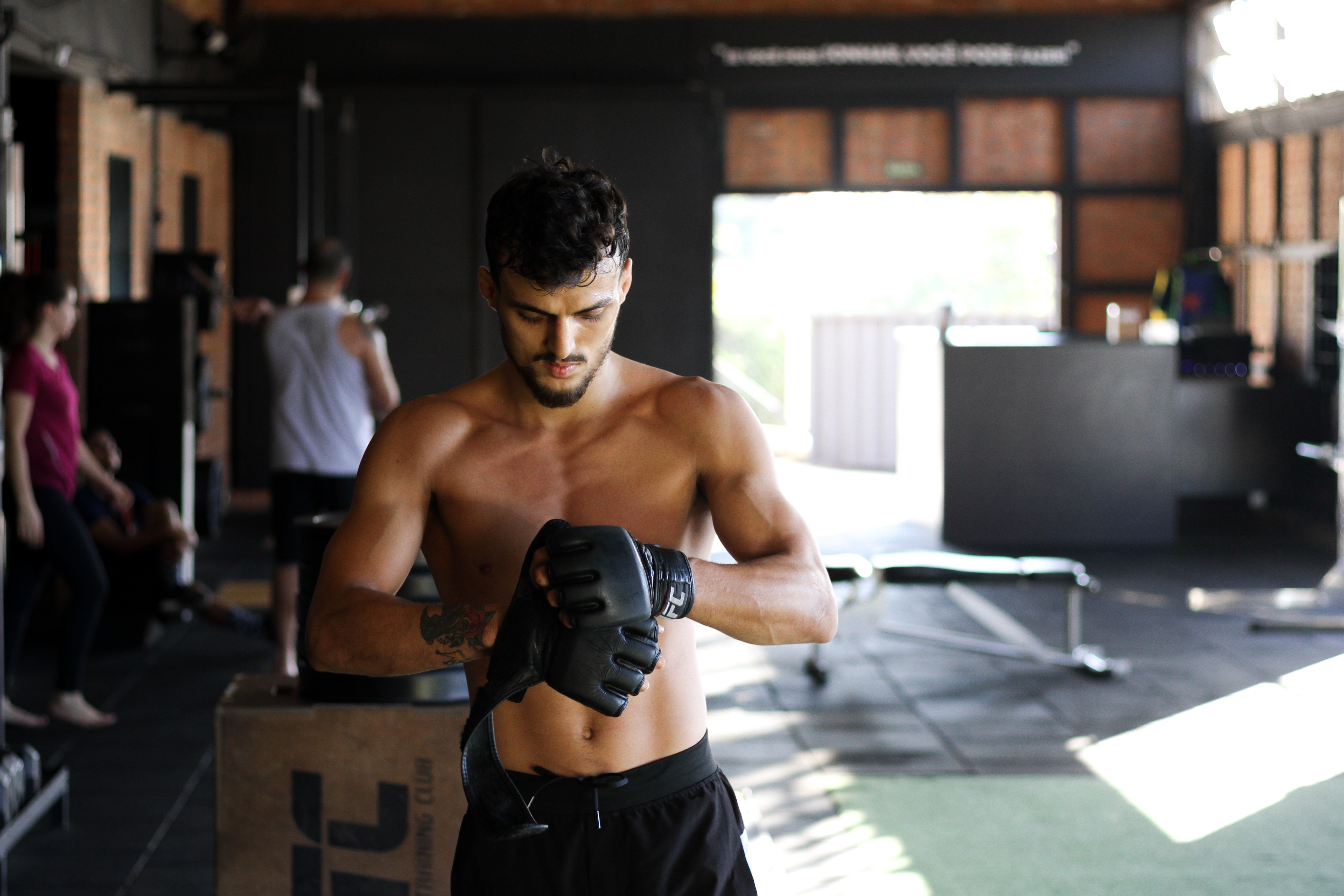Navigating the Risks: The Dangers of Amateur UFC Competitions

Introduction: Amateur Ultimate Fighting Championship (UFC) competitions provide aspiring fighters with a platform to showcase their skills and potentially move up the ranks in the world of professional mixed martial arts (MMA). However, these amateur bouts come with inherent risks that can impact the fighters’ health and well-being. In this article, we explore the dangers associated with amateur UFC competitions and the importance of proper regulation and safety measures.
1. Limited Experience and Skill Level: Amateur fighters typically have less experience and training compared to their professional counterparts. This can result in skill disparities and potential mismatches in the cage. Inadequate preparation and skill can increase the likelihood of severe injuries and compromise the safety of the fighters.
2. Insufficient Physical Conditioning: Amateur fighters might not have had the time to develop the necessary physical conditioning to withstand the demands of a full-fledged MMA bout. Fatigue can set in quickly, leading to poor decision-making, slower reaction times, and a greater risk of injury.
3. Injury Risk: Amateur fighters often lack the experience to defend themselves effectively, leading to higher chances of sustaining injuries during fights. Strained muscles, sprains, fractures, and even concussions are common risks in these contests.
4. Medical Oversight: While professional UFC events adhere to strict medical protocols, amateur competitions might not have the same level of medical oversight. Without proper medical professionals on-site, the detection and management of injuries can be compromised, potentially exacerbating health risks.
5. Emotional Impact: Amateur fighters, driven by the desire to prove themselves, might push their limits despite their limited experience. The pressure to perform can take a toll on their mental and emotional well-being, leading to stress, anxiety, and even depression.
6. Lack of Regulation: Amateur UFC competitions can be subject to less stringent regulations than professional events. Inadequate oversight can lead to mismatches, subpar training conditions, and insufficient medical attention, putting fighters at greater risk.
7. Unregulated Training Environment: The training environment of amateur fighters can also play a significant role in their safety. Without proper supervision and coaching, fighters may not receive adequate guidance to avoid injuries during training sessions.
8. Long-Term Consequences: Injuries sustained during amateur UFC competitions can have lasting consequences on a fighter’s health and future prospects. Serious injuries can lead to chronic pain, decreased mobility, and long-term medical issues that impact their quality of life.
9. Future Career Implications: A severe injury suffered during an amateur bout can derail a fighter’s dreams of turning professional. Prolonged recovery times and lingering health issues may hinder their ability to advance in the sport.
Conclusion: While amateur UFC competitions serve as stepping stones for aspiring fighters to enter the world of professional MMA, the dangers associated with these contests cannot be overlooked. The lack of experience, skill disparities, inadequate physical conditioning, and insufficient regulations can lead to serious injuries and long-term health consequences. Proper oversight, comprehensive medical protocols, and thorough training are essential to minimize the risks faced by amateur fighters. Ultimately, safeguarding the well-being of these fighters requires a collective effort from event organizers, coaches, and the broader MMA community.